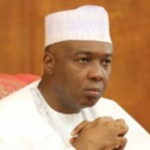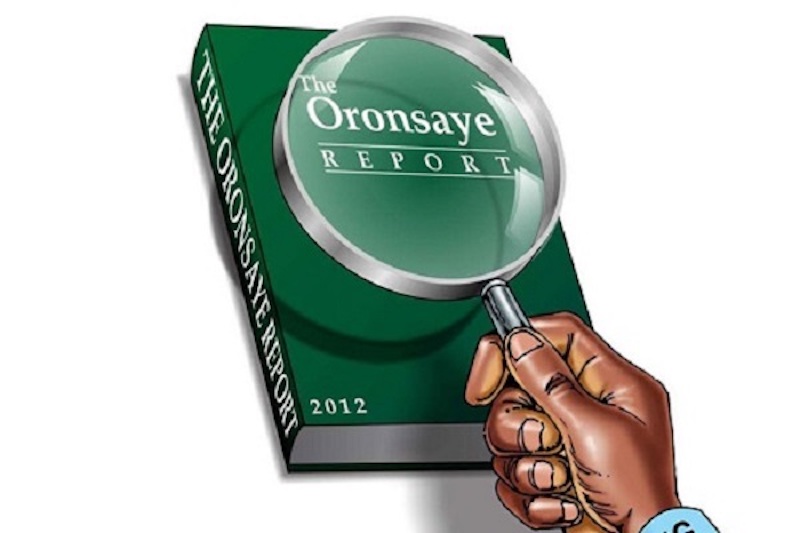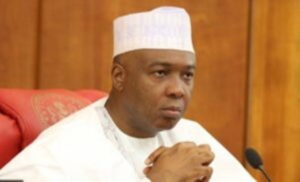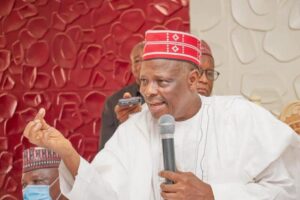President Bola Ahmed Tinubu has been warned not to hastily implement the Steve Oronsaye Report because it is 12 years old and may not really lead to a cut in the cost of governance.
The House of Representatives gave the advice on Thursday during a debate on the floor of the house.
Moving a motion of urgent public importance on the floor of the House on Thursday, the trio of Kama Nkemkanma, Olumide Osoba and Gaza Gbefi noted that the Oronsonye Report “recommended the reduction of statutory agencies from 263 to 161, the abolition of 38 agencies, and the reversion of 14 to departments in ministries and the management audit of 89 agencies capturing biometric features of staff, as well as the discontinuation of government funding of professional bodies/councils.”
The lawmakers further added that if implemented, the government would be saving over N862 billion between 2012 and 2015 with a breakdown which showed that “about N124.8bn would be reduced from agencies proposed for abolition; about N100.6bn from agencies proposed for mergers; about N6.6bn from professional bodies; N489.9bn from universities; N50.9bn from polytechnics; N32.3bn from colleges of education and N616 million from boards of Federal Medical Centres.”
They argued however that the White Paper committee set up by Jonathan’s administration rejected most of the recommendations, while those accepted were not implemented.
“The House notes that in November 2021, President Muhammadu Buhari’s administration inaugurated two committees. One of the committees chaired by Goni Aji, a retired Head of Civil Service of the Federation, was to review the Orosanye report and the second committee, chaired by Ama Pepple, also a retired Head of the Civil Service of the Federation, was constituted to review agencies created between 2014 and 2021;
“The House also notes that upon submission of their reports, the Muhammadu Buhari-led Federal Government in July 2022 set up another committee chaired by Ebele Okeke, a former Head of the Civil Service of the Federation to produce a white paper on the reports.”
That said, the lawmaker also noted that implementing the Oronsaye Report 12 years after it was first made, “which ordinarily may be described as outdated, especially because of how dynamic the society, economy, polity, technology and all facets of our national life has been,” may not be in the best interest of the nation.
They stated, “Contrary to the assumption that the full implementation of the report would reduce the cost of governance; with the current realities, the full implementation of the report will not substantially reduce the cost of governance as it does not reflect the current situation in the Public Service of the Federation,” stressing that a full implementation “will certainly throw up unintended consequences, implications and outcomes.”
Following the adoption of the motion, the House urged Tinubu to “comprehensively review the 2012 Orosanye Report, the Goni Aji Report which reviewed Orosanye Report, the White Paper released by the President Jonathan administration, the Ama Pepple White Paper and the Ebele Okeke White Paper in line with current realities, while considering implementable alternatives that are in tune with current realities, and which at the same time would have minimum unintended consequences, impacts, implications and outcomes.”
It also urged the FG to develop and implement policies “that will reposition the agricultural sector, the solid mineral sector and the informal sectors which will serve as alternatives to those that may be laid off consequentially while at the same time spurring economic growth.”










More Stories
Tinubu’s claim of Dinner with Vatican State Secretary Pietro Parolin busted
Osun PDP replies Basiru over claim Adeleke sacked workers
World leaders attend Pope Leo XIV official installation